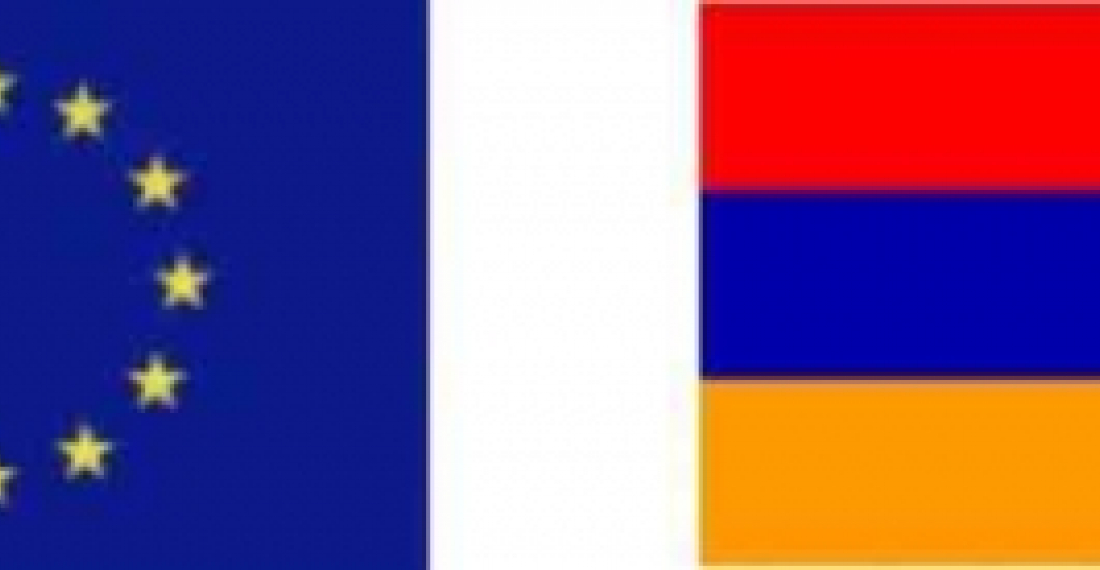Armenia-EU free trade negotiations launched
The EU decided to launch negotiations on a deep and comprehensive free trade area with Armenia in order to boost economic growth and investment with this Eastern European Partner. The negotiations will cover matters that have become crucial to a modern, transparent and predictable trade and investment environment. They will not only tackle market access conditions but also focus on regulatory approximation, which will help to achieve a closer economic integration of Armenia with the EU, the European Neighbourhood Policy Information Center reports.
"The opening of free trade negotiations mark a turning point in our trade relations with Armenia. We are entering a new phase that will bring our economic ties to a new level of depth and ambition", said
EU Trade Commissioner Karel De Gucht. "The EU is Armenia's first trading partner and a deep and comprehensive free trade area will give Armenia a more favourable access to the European Single Market thereby helping to boost economic growth in the country."
Commissioner for Enlargement and European Neighbourhood Policy Stefan Fule stated: "This is a further sign of the strengthening of our political and economic ties. Launching DCFTA negotiations is one more step towards closer economic integration which is one of the cornerstones of our relations with countries of Eastern Partnership."
The free trade area will be part of the broader Association Agreement which has been negotiated with Armenia since July 2010, in the framework of the Eastern Partnership and the European Neighbourhood Policy.
The source reports that the bilateral trade relations reached 960 million EUR in 2011. The tow parties are currently preparing for the first round of negotiations to be launched shortly.
Armenia-EU free trade negotiations launched
Armenia-EU free trade negotiations launched







